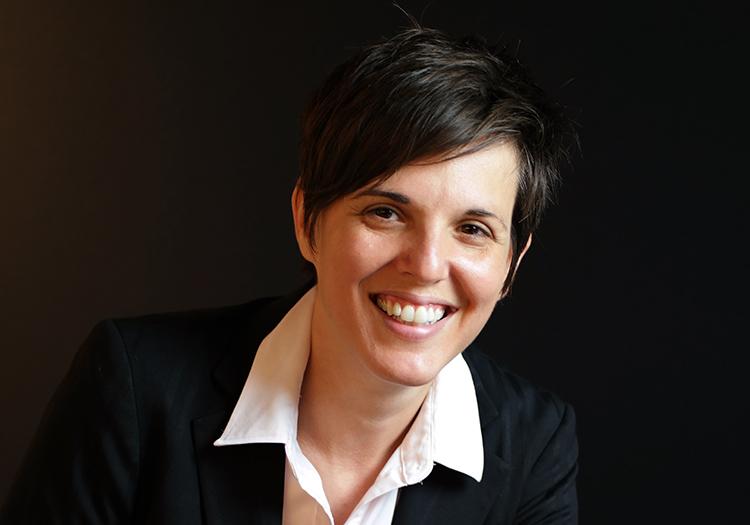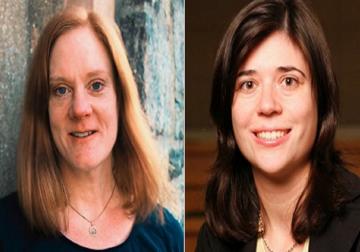Q & A with Noa Ben Asher, nationally recognized expert in gender law and legal theory

Q1. Now that the Supreme Court recognized marriage equality in Windsor and Obergefell, what are the next frontiers for LGBTQ rights?
A1: These two Supreme Court cases were narrowly framed around the dignity and sanctity of marriage. The Court intentionally did not use the broad rhetoric of general anti-discrimination norms, but instead focused specifically on marriage. Thus, even in our era of marriage equality, LGBTQ individuals often suffer from discrimination in areas such as employment, housing, police violence, and immigration. Notably, it is well-documented that not all LGBTQ people are equally vulnerable. Rather, LGBTQ-identified individuals who are also racial, ethnic, or national-origins minorities face particular challenges.
Q2. Do you view the #MeToo movement as a desirable step for gender and LGBTQ rights?
A2: First, it is important to distinguish the framework of “rights” from what we call “politics,” “ethics,” or “morality.” While #MeToo may lead to greater enforcement of laws against sexual violence, my greater interest lies in the political, ethical and moral meanings of the current moment. Second, I believe that #MeToo deserves our utmost attention, and that it ought to be theorized alongside #BlackLivesMatter and other rising social justice movements. I have dedicated my current research and writing to this inquiry.
Q3: Can you give an example of how thinking across social rights movements can be productive?
A3: My starting point is simple: events and movements do not appear in a vacuum. While the murder of Michael Brown and the allegations against Harvey Weinstein set in motion two central movements of our times (#BLM and #MeToo), they were, in-and-of-themselves, only the culmination of a phenomenon that was ready to manifest. My current work-in-progress, which is part of a book project, examines how the idea of trauma has become central to #BLM, #MeToo, and other social justice movements. By interrogating why trauma is central to our current lawmaking and social justice, I am gradually uncovering a mode of thinking that is particular to our twenty first century.

